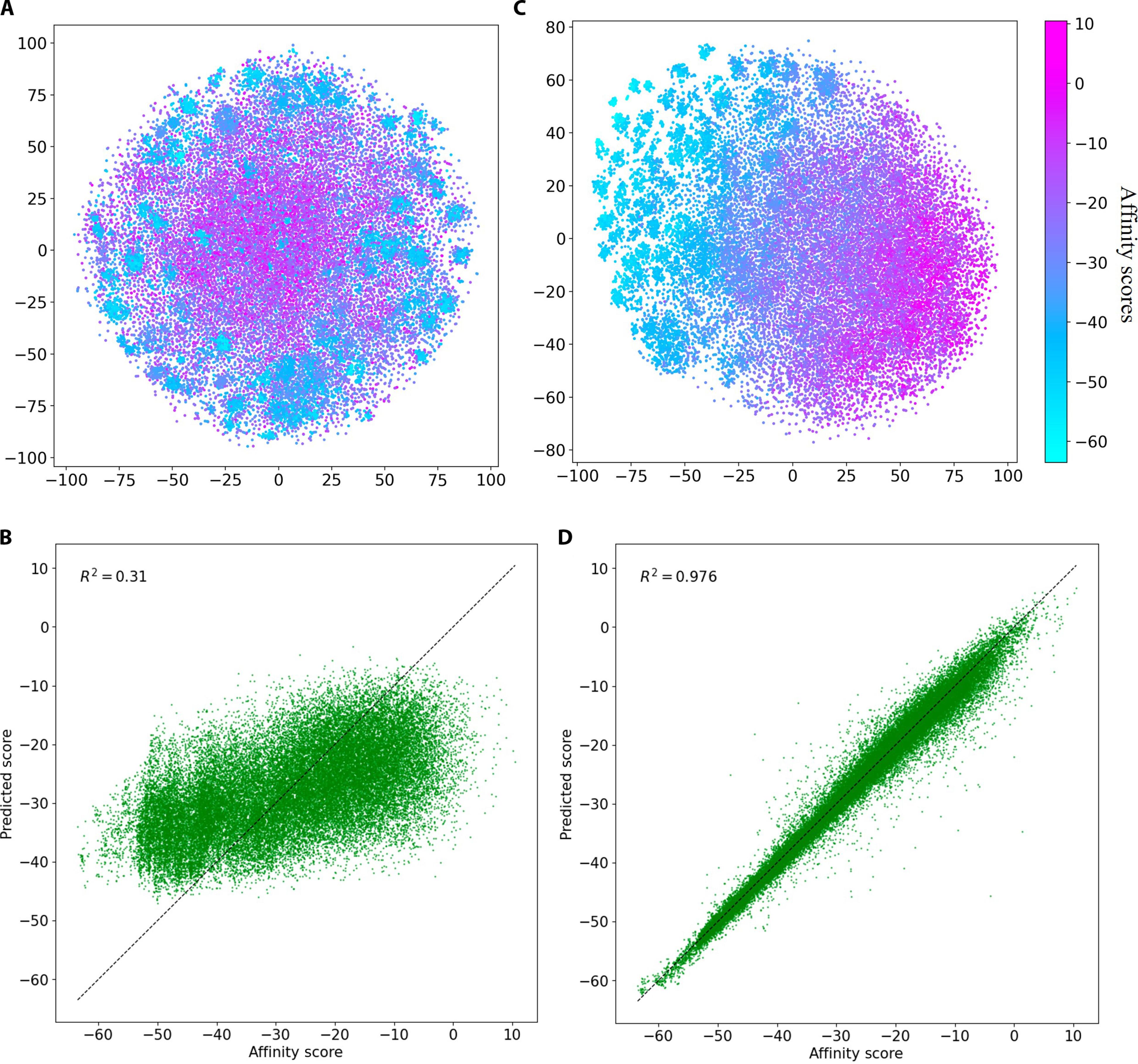用基于变分量子电路的量子-经典混合方法设计微塑料结合肽
IF 12.5
1区 综合性期刊
Q1 MULTIDISCIPLINARY SCIENCES
引用次数: 0
摘要
从头开始的肽设计在材料工程中显示出巨大的潜力,特别是利用塑料结合肽来帮助修复微塑料污染。许多塑料都没有已知的肽粘合剂——这一空白可以用新设计来填补。目前肽设计的计算方法在采样和缩放方面存在局限性,这可以通过量子计算来解决。混合量子经典方法可以利用近期量子算法和经典技术的互补优势来完成复杂的任务,如肽设计。本文介绍了一种结合变分量子电路和变分自编码器网络的混合量子-经典生成框架,用于设计塑性结合肽。我们证明了该框架在生成候选肽方面的有效性,评估了其在面向属性设计方面的效率,并通过分子动力学模拟验证了候选肽。这种基于量子计算的方法可以加速用于环境和生物医学应用的生物分子工具的开发,同时通过量子技术推进生物分子系统的研究。本文章由计算机程序翻译,如有差异,请以英文原文为准。

Designing microplastic-binding peptides with a variational quantum circuit–based hybrid quantum-classical approach
De novo peptide design exhibits great potential in materials engineering, particularly for the use of plastic-binding peptides to help remediate microplastic pollution. There are no known peptide binders for many plastics—a gap that can be filled with de novo design. Current computational methods for peptide design exhibit limitations in sampling and scaling that could be addressed with quantum computing. Hybrid quantum-classical methods can leverage complementary strengths of near-term quantum algorithms and classical techniques for complex tasks like peptide design. This work introduces a hybrid quantum-classical generative framework for designing plastic-binding peptides combining variational quantum circuits with a variational autoencoder network. We demonstrate the framework’s effectiveness in generating peptide candidates, evaluate its efficiency for property-oriented design, and validate the candidates with molecular dynamics simulations. This quantum computing–based approach could accelerate the development of biomolecular tools for environmental and biomedical applications while advancing the study of biomolecular systems through quantum technologies.
求助全文
通过发布文献求助,成功后即可免费获取论文全文。
去求助
来源期刊

Science Advances
综合性期刊-综合性期刊
CiteScore
21.40
自引率
1.50%
发文量
1937
审稿时长
29 weeks
期刊介绍:
Science Advances, an open-access journal by AAAS, publishes impactful research in diverse scientific areas. It aims for fair, fast, and expert peer review, providing freely accessible research to readers. Led by distinguished scientists, the journal supports AAAS's mission by extending Science magazine's capacity to identify and promote significant advances. Evolving digital publishing technologies play a crucial role in advancing AAAS's global mission for science communication and benefitting humankind.
 求助内容:
求助内容: 应助结果提醒方式:
应助结果提醒方式:


